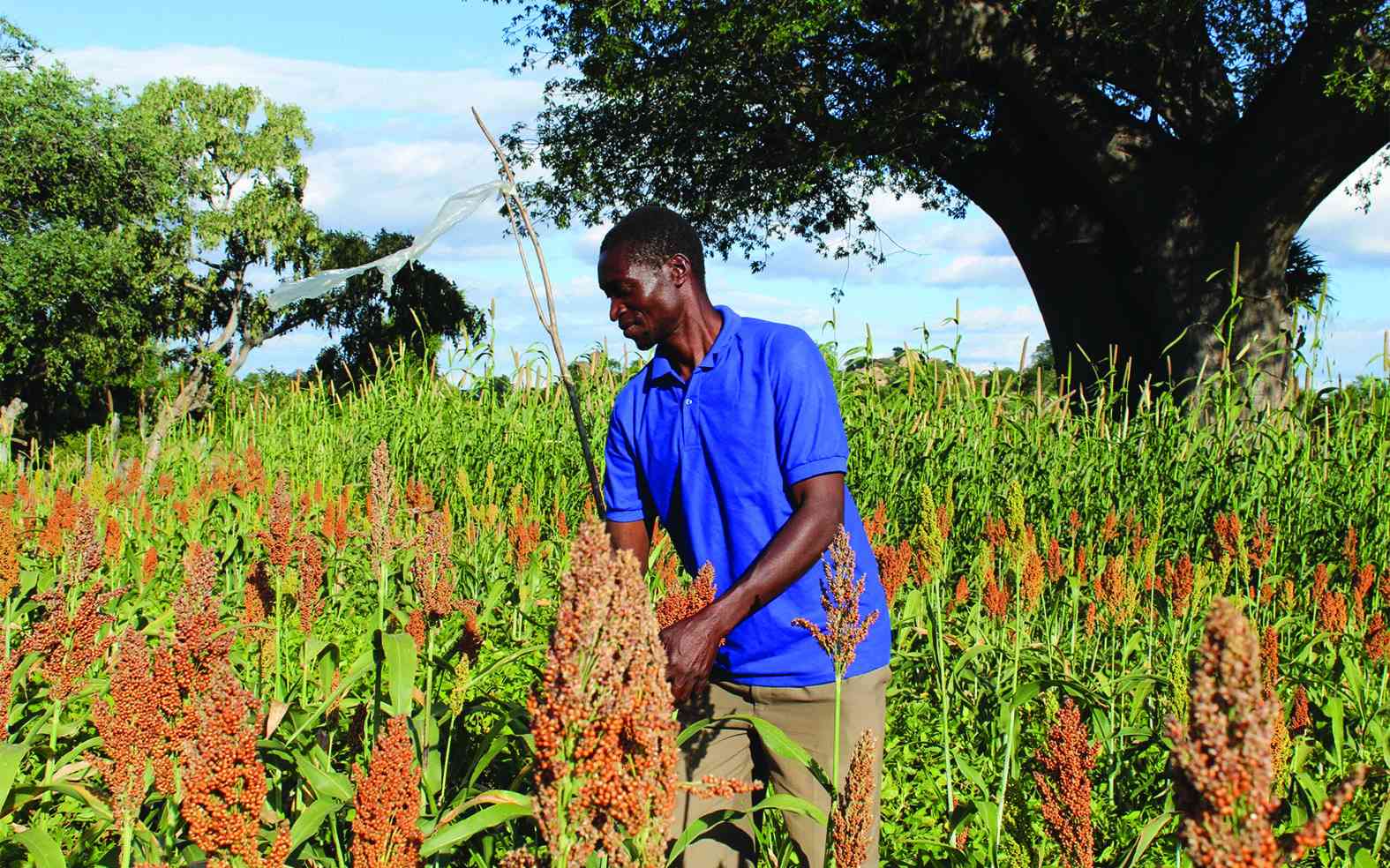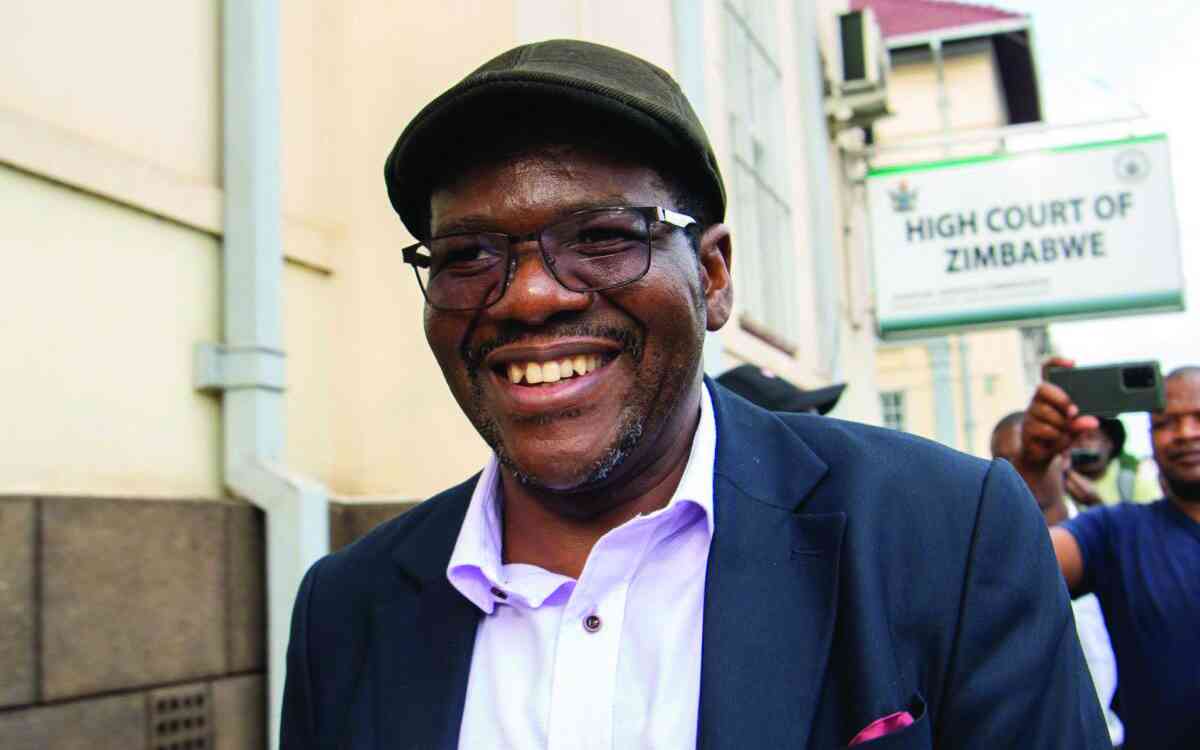
A UNITED Nations World Food Programme (WFP) initiative, in partnership with the government’s urban resilience programme and other organisations, is transforming the lives of unemployed youth and the elderly in Bulawayo through community gardening and small business ventures.
The impact of the project was evident during a media tour on Wednesday of a thriving Old Lobengula Community Garden and the home of a successful detergent maker in Pelandaba.
At the heart of the initiative is a move away from dependency to self-sufficiency.
What began as cash transfers to address urban food insecurity has evolved to a robust resilience programme, building infrastructure and skills that allow communities to generate their own sustainable incomes.
The Old Lobengula Community Garden, a hive of activity, stands as a testament to this transformation.
The garden was revitalised last October with support from Danish Church Aid (DCA) and the Department of Social Welfare.
“We started digging and preparing to plant vegetables, which we looked forward to use for relish and selling for income,” said Trynos Dube, the garden committee chairperson.
“This project assists us as the Lobengula community to sustain ourselves.”
- Revisiting Majaivana’s last show… ‘We made huge losses’
- Edutainment mix: The nexus of music and cultural identity
- ChiTown acting mayor blocks election
- Promoter Mdu 3D defends foreigners 30 minute set
Keep Reading
Dube said a single 30-metre bed of vegetables could yield over US$17, with some members earning up to US$50 from a crate of tomatoes.
This income is a lifeline, enabling families to pay school fees, settle home bills and even support each other during times of bereavement.
The project’s 93 members, predominantly women, each manage three strips of beds.
A solar-powered borehole drilled by WFP through DCA ensures consistent water supply, turning the community’s agricultural efforts into a reliable business.
“There is no day that we do not get money,” Dube said.
“I have been able to send my children to school, extend my house and feed my family through this.”
For 78-year-old Sibonginkosi Siphepha, a member since the 1970s, the garden’s upgrade has been transformative.
“I am surviving through this project,” she stated.
“In a good harvest, I get US$100 at once.
“Since I am an elderly person, I really survive and I am comfortable.”
In Pelandaba, 38-year-old mother of five Esnath Gonye has journeyed from vegetable vending to running a promising detergent-making business.
After initial support from WFP’s resilience programme, Gonye received business management training and start-up capital.
She first ventured into chicken farming, which allowed her to pay rent and school fees.
She has since diversified, leveraging on the training to launch her own detergent brand, EITAS.
“I make an average of US$300 to US$400 a month through selling my products,” Gonye said.
While she faces challenges like the high cost of official certification required by major retailers, direct sales to the community provide a solid and growing income.
A WFP representative explained the strategic shift from direct aid to infrastructural development.
Recognising that water is a critical need in Bulawayo, the agency has solarised and mechanised three boreholes in the city between 2023 and 2024.
These boreholes, which cost approximately US$4 500 each, supply water to the community and support the vegetable gardens.
The beneficiaries, selected by the city’s social services department, receive ongoing training in gardening techniques, ensuring the projects’ long-term viability.









